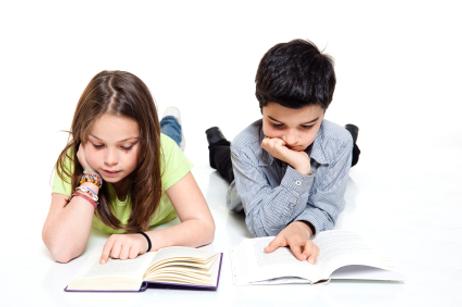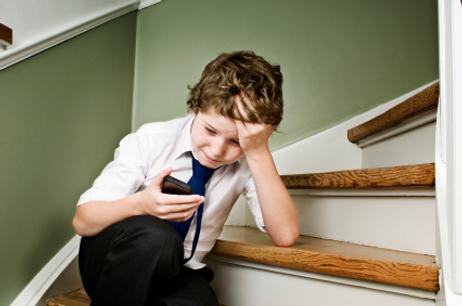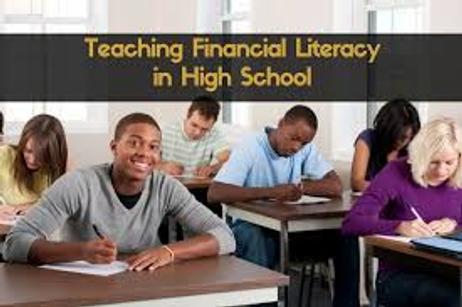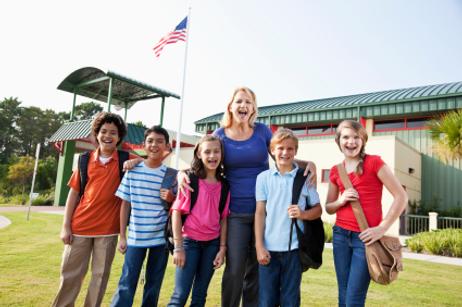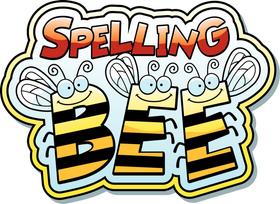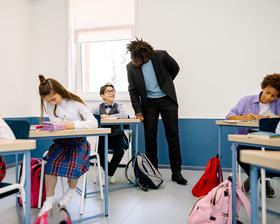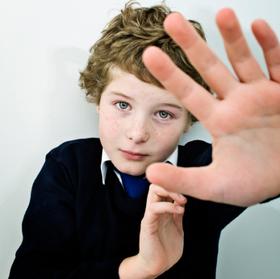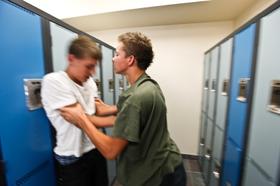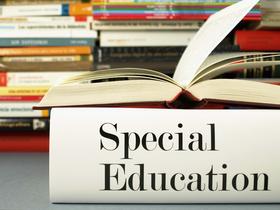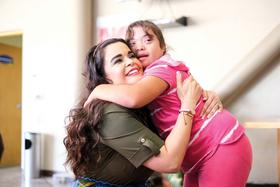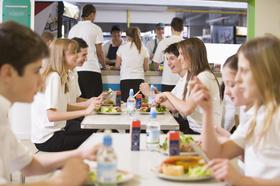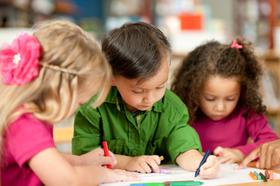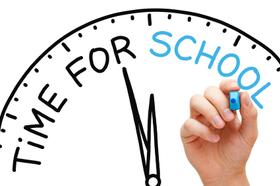Every parent believes his child is the smartest in the class, but what happens when you really do have a kid who is head-and-shoulders above the rest academically? Most teachers and parents believe that to adequately challenge these children, there must be accelerated programs to accommodate them. Hence, the gifted and talented program was born.
Children who belonged in this upper echelon were usually identified in the schools, by the teachers who worked with them every day. However, many parents also got quite busy behind the scenes, ensuring their children met the requirements for special programs that would increase their odds of success later in life. In fact, numerous children are receiving preparation for gifted and talented programs long before their feet even touch the hallowed halls of academia.
Track for Success
According to an article in New York Magazine, many residents of the Big Apple are whipping their children into academic shape as early as their preschool years. The competition for the limited number of slots in selective elementary schools across the city has led parents into a frenzy of preparation shortly after children learn to walk and talk. It is not unusual for parents to hire tutors and test their children's IQs long before enrolling them in New York schools.
Because the competition at many of these stellar schools is so stiff, few will look at children who


